The countdown of life, immeasurable yet meaningful

WE ARE given twenty-four hours every day. With this allotted time, we keep ourselves busy by doing things, meeting people, or going places. As we fill our days with doing things, we often find ourselves waiting, usually more than we would like to. But why do we wait? What is it that makes us wait for hours sitting on buses as silence slowly overwhelms us? As we wait, what occupies our time?

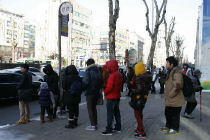
We often wait in subway trains and at bus stops, to reach our destination. Our busy bodies take a pause, but we try everything we can to keep our minds busy and away from our hiatus. Anything to keep our minds occupied to keep the time flowing.
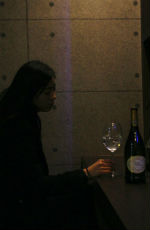
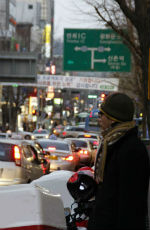
We wait for someone to show up, someone important in our lives. Perhaps we are waiting for our family to come running through the door and into our arms, or for someone to complete our romance.
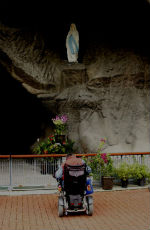

But sometimes we do not know what we are waiting for. We suddenly lose sight of our goals, and life becomes unclear. Kept in the dark, our minds are too tangled to function and our bodies too tired to move. Our heads that have been wandering about stop dead, and we suddenly come crashing down. Frustrated and lost, we wait for nothing, ultimately seeking nothing.
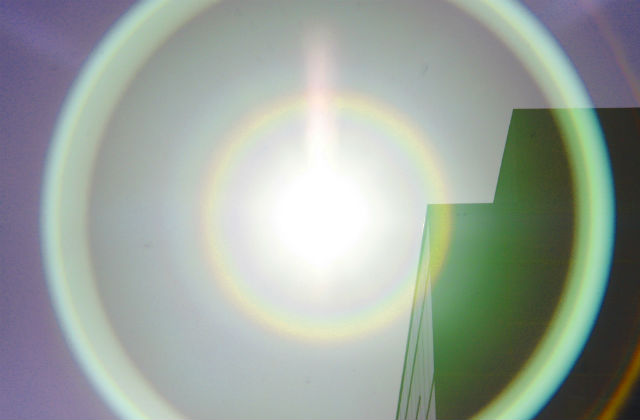
During the twenty-four hours that are given to us, from morning till dusk, dusk till morning, we wait. Sometimes we wait in the dark, blinded. But every second we wait and as the clock hand ticks away, we come close to witnessing the brilliant light that will signal the end of our wait. But without darkness, without confusion and chaos, we cannot see the shine. In the end, the time that drifted away might have been a necessary darkness that gives light its blinding radiance. If we do not have to wait for something, it is not worth the wait. Thus it is not meaningful at all. We do not know when or where we will reach the end of our wait, but the incalculable time of waiting becomes the ultimate countdown to fulfilling our purpose-driven lives.

